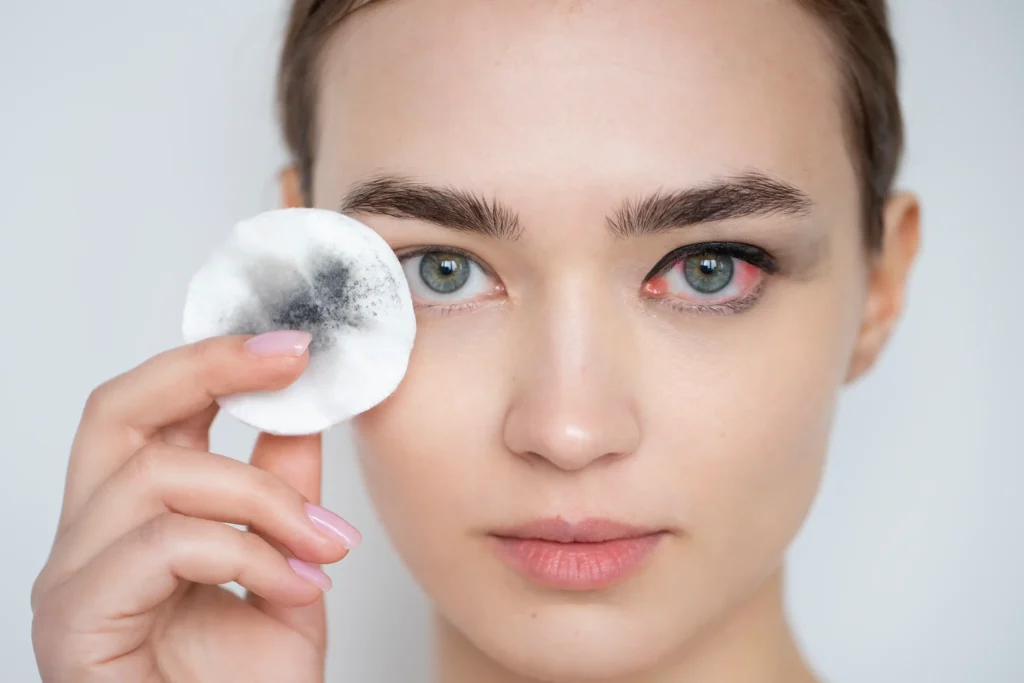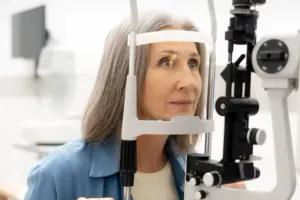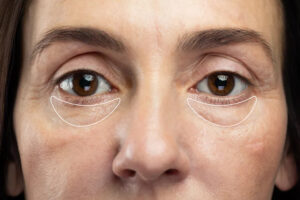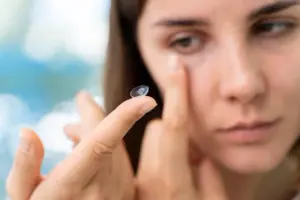
Ever feel like your eyes are working overtime? They probably are. You must take care of them before it’s too late.
Eye damage doesn’t always come with warning signs. It builds up slowly over time. While we may not notice any problems now, some of our regular habits could be silently damaging our eyes. Some of them include:
1. Too much screen time
With the digital age that we live in, our eyes rarely get a break. A person usually spends an average of 6 hours and 38 minutes per day on a digital device. As a result, digital eye strain coupled with headaches and itchiness has become common. If left untreated, this can also lead to problems with vision.
Using your digital devices in complete darkness can cause more strain on your eyes and reduce blinking, leading to dryness. To avoid digital eye strain, it’s important to give your eyes a break from the screens. Try the 20-20-20 rule—every 20 minutes, rest your eyes by looking at something 20 feet away for at least 20 seconds.
Also Read | Blurry vision? 8 common causes and when to see a doctor
2. Makeup
If you fail to properly remove makeup before sleeping, it can cause scratches on the surface of the eye and potentially lead to infection. For example, mascara and eyeliner can clog glands and cause irritation or infection if not removed before going to bed. Using expired or low-quality cosmetics can also have damaging effects on your vision.
3. Rubbing your eyes
While it may feel relaxing, rubbing your eyes can put them under additional strain and can lead to scratched corneas. While rubbing, you may transfer germs from your hands into your eye, or you can also damage tiny blood vessels.
If you feel your eyes are itchy or dry, try using lubricant drops instead of rubbing. If you think there’s something in your eye that is irritating, try rinsing it with water or saline instead.
Also Read | Summer yoga: 5 cooling poses to refresh your body and mind
4. Not wearing sunglasses
Sunglasses are important, as the UV rays from sunlight can increase the risk of cataracts and macular degeneration over time. Hence, just like your skin, you also need to take precautions to protect your eyes from the sun! If you plan to venture outside, carry your sunglasses even if it’s cloudy. Choose sunglasses that block 100% of UVA and UVB rays.
5. Wearing old contact lenses
If you believe you are saving money by using old contact lenses, please reconsider. Using lenses past their expiry can lead to infections or corneal damage. It’s also important that you do not wear the lenses for an extended period and remove them before sleeping. Use clean hands before touching them, and don’t wear them while swimming.

6. Skipping regular eye tests
Most people who don’t experience vision troubles refrain from going to a doctor. Even if you have no pain, regular eye exams can help detect underlying issues like glaucoma at an early stage. It is advisable to schedule comprehensive eye exams every one to two years, depending on your age and overall eye health.
7. Smoking
Smoking can increase the risk of macular degeneration, cataracts, glaucoma, and several other eye diseases. The toxic chemicals in cigarettes can harm the blood vessels in the eyes, leading to poor circulation and potentially damaging vision.
Your eyes deserve the same care you give to the rest of your body. For good eyes, it’s important to have a nutritious diet. Eat more leafy greens, carrots, eggs, fish, and nuts to boost eye function.
If you’re noticing symptoms like blurry vision, dry or irritated eyes, headaches, or general eye discomfort, don’t ignore them. Scheduling a visit with an eye specialist can help catch problems early and protect your vision in the long run.








